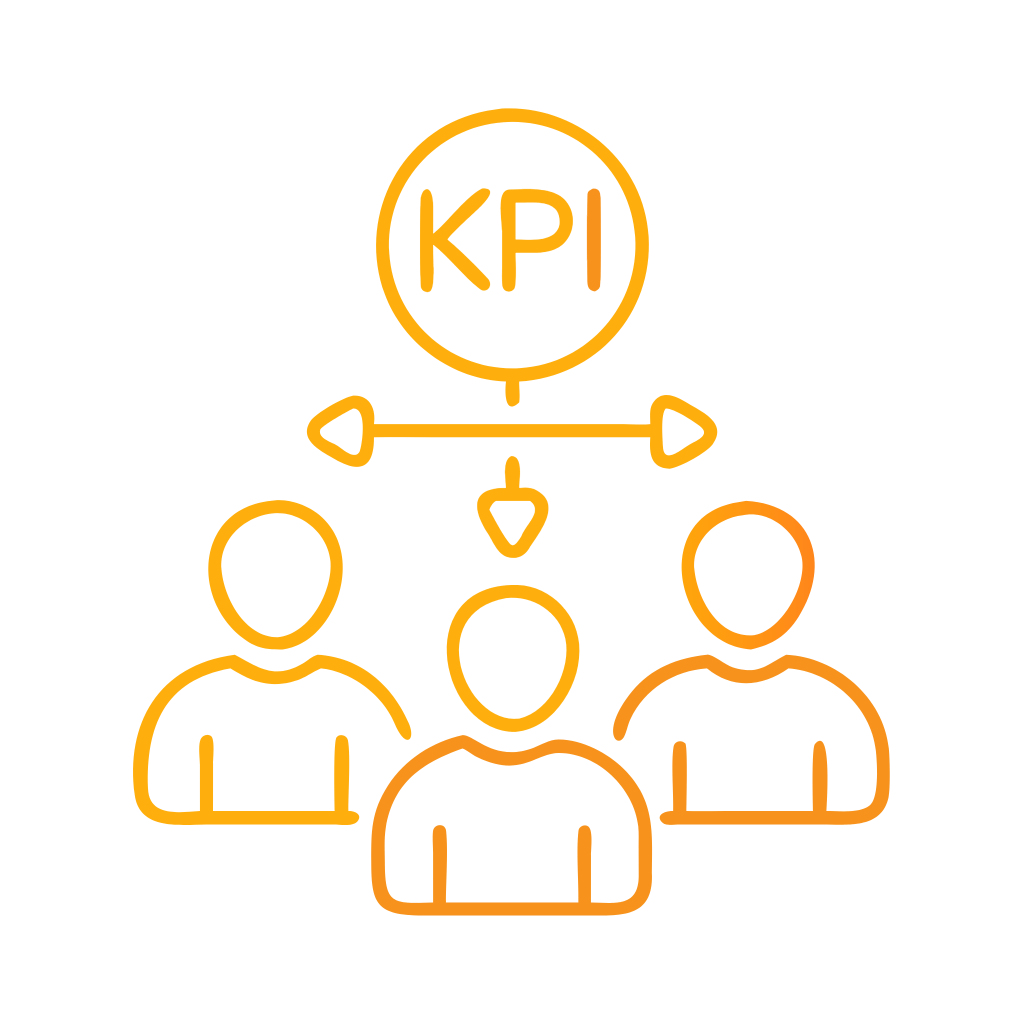As the world becomes increasingly digital, businesses are making fundamental changes and re-examining old operating models to stay relevant and competitive through processes of digital transformation. Broadly speaking, digital transformation refers to the process of integrating technology into all areas of business, including but not limited to, the culture of the organisation and to drive significant change in the business model. This is important at the best of times, however in the wake of the COVID-19 pandemic it has become more essential to a business’s survival than ever before as lockdowns and social-distancing have accelerated the need for digital transformation to keep businesses alive. A study by the SAP Center for Business Insights and Oxford Economics identified that 93% of leading organisations consider technology to be critically important to retaining a competitive edge, and 96% think digital transformation is a core business goal.
There are many benefits for a business undergoing digital transformation. The study by SAP also reported that 80% of companies that have completed a digital transformation process have reported an increase in revenue as a result and 85% report an increase in their market share. As over two thirds of businesses compete primarily on the basis of customer experience it is a considerable benefit that customer satisfaction and engagement are also found to significantly increase. Importantly, digital transformation is a process that can lead to digital maturity.
The terms digital transformation and digital maturity are often confused and are used interchangeably. However, although they are closely connected, they are distinct. Digital maturity is a measure of a business’s digital capabilities, but this is more than just being a part of the latest technological innovations. It is their ability to understand and respond to emerging technologies and changes in the market. Meaning it is possible for a business to be digitally mature without the need for digital transformation.
The focus on understanding and adapting makes it the key to longevity in a rapidly developing world. It is vital that when undergoing digital transformation businesses understand not only what is being changed but why it needs to be changed. A digitally mature business will always be doing research into the market and seeking feedback to better understand its own limitations and potential.
Although it may sound simple, the digital transformation process is not something that can be easily rolled out nor will it always guarantee a digitally mature outcome. The nature of the changing landscape as well as the variety of services means there is no one ‘correct’ digital transformation process or path to digital maturity. The sheer number of different factors to consider guarantees that each business has its own unique digital transformation journey. A small family-owned bakery is going to have very different requirements than a government organisation or cutting-edge banking service and as such will have a very different process of achieving it.
It is important for businesses to consider digital maturity within their own context, keeping in mind things like where their business is and where it has to go but also where they want their business to go.
Despite this there are a few common points that, no matter the industry, businesses will have to address. The first of which is identifying their vision. This involves diagnosing the problems that the organisation faces and identifying the technological solutions to address those problems. Although this is also an opportunity to consider technologies that could support employees and provide a better experience for customers. Additionally, before any technological changes are made it is important that the culture of the organisation is in line with this new vision. Getting the right leaders on board can be the defining factor in whether a business’s transformation is successful or not, however the entire organisation has to be on the same page for it to be truly successful.
A frequent challenge for businesses is simply not having the expertise to plan their transformation and execute it. As a result, it’s a good idea for businesses to find a partner who can support them throughout their journey in implementing digital processes. The inclusion of a consultant in this process, no matter how far along, can bring in the additional insight needed to make a digital transformation effectively. Expert consultants can help take data, even data that was already being collected, and make it meaningful. Additionally, with their combined knowledge of digital offerings and supply chain operations they can drive continuous improvement and establish long-term impacts.
Even so, maturity is not a static end point. While the process to achieve it requires making permanent changes it is, above all else, dependent on flexibility. Digital maturity must be considered within the context of the current, relevant environment. Consider how much the landscape has changed over the last five years. A business that was considered to be mature five years ago might have failed to adapt to the shifting landscape and have become outdated, or outclassed by competitors.
In a past article, we looked at the surge of digital transformation brought on by the COVID-19 pandemic and the resulting spike in the number of major data breaches reported to the Office of the Information commissioner. This identifies data privacy as one of the biggest concerns for both customers and businesses. When transitioning to a digital process there is a risk that privacy concerns may present themselves, however this can be easily caught and resolved, so long as it is considered throughout the process. When undergoing a digital transformation, it might also be worth considering the implementation of a digital workforce. While digital transformation is more than just having a digital workforce, Robotic Process Automation (RPA) can greatly assist in the process of digital transformation. The automation capabilities presented by RPA can save business time and money, and are well worth considering implementing. Another of our recent articles goes into extensive detail on how best to leverage RPA in a digital transformation.
Are you looking for a partner on your digital transformation journey? We always welcome a healthy conversation about the benefits and process of digital transformation.































